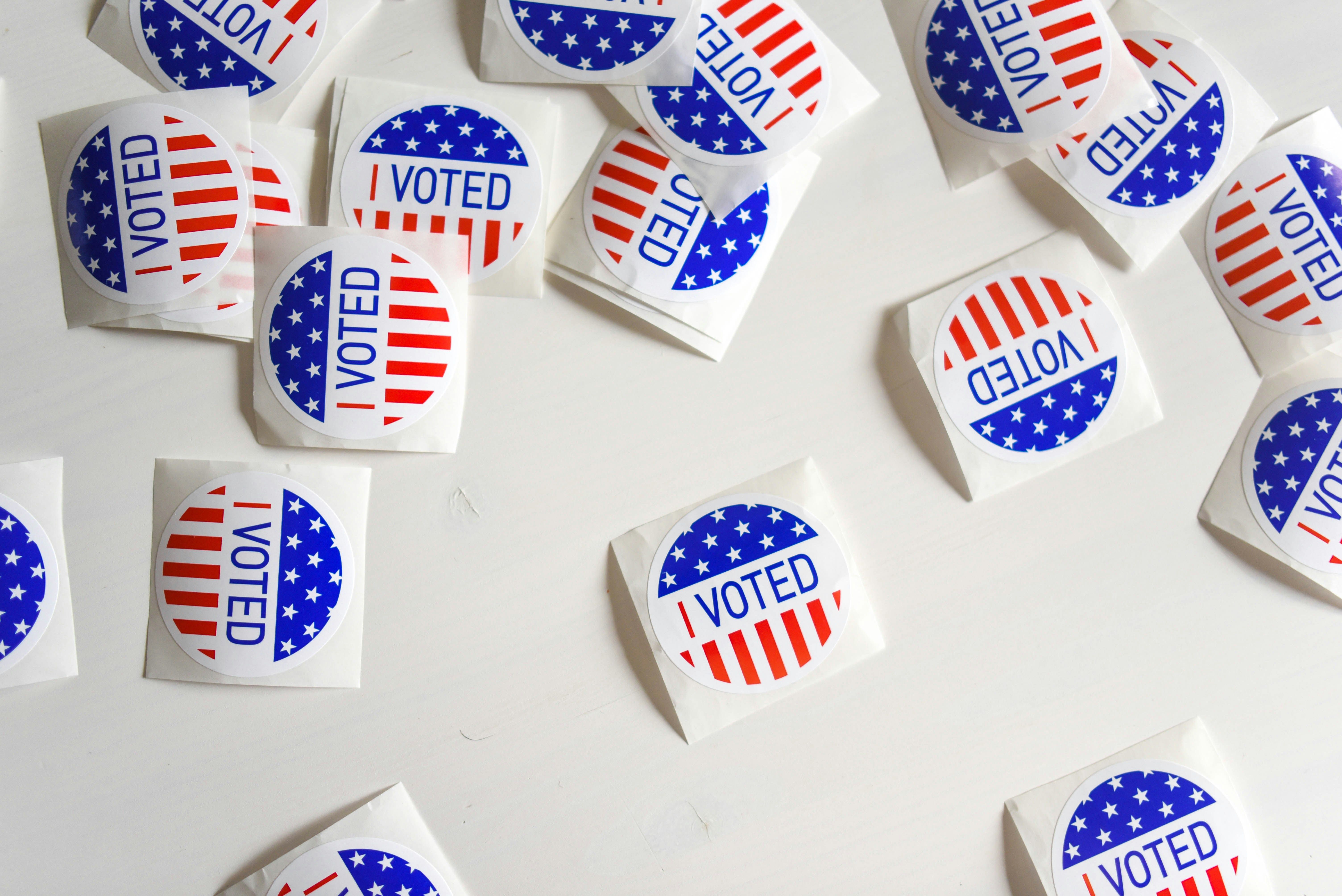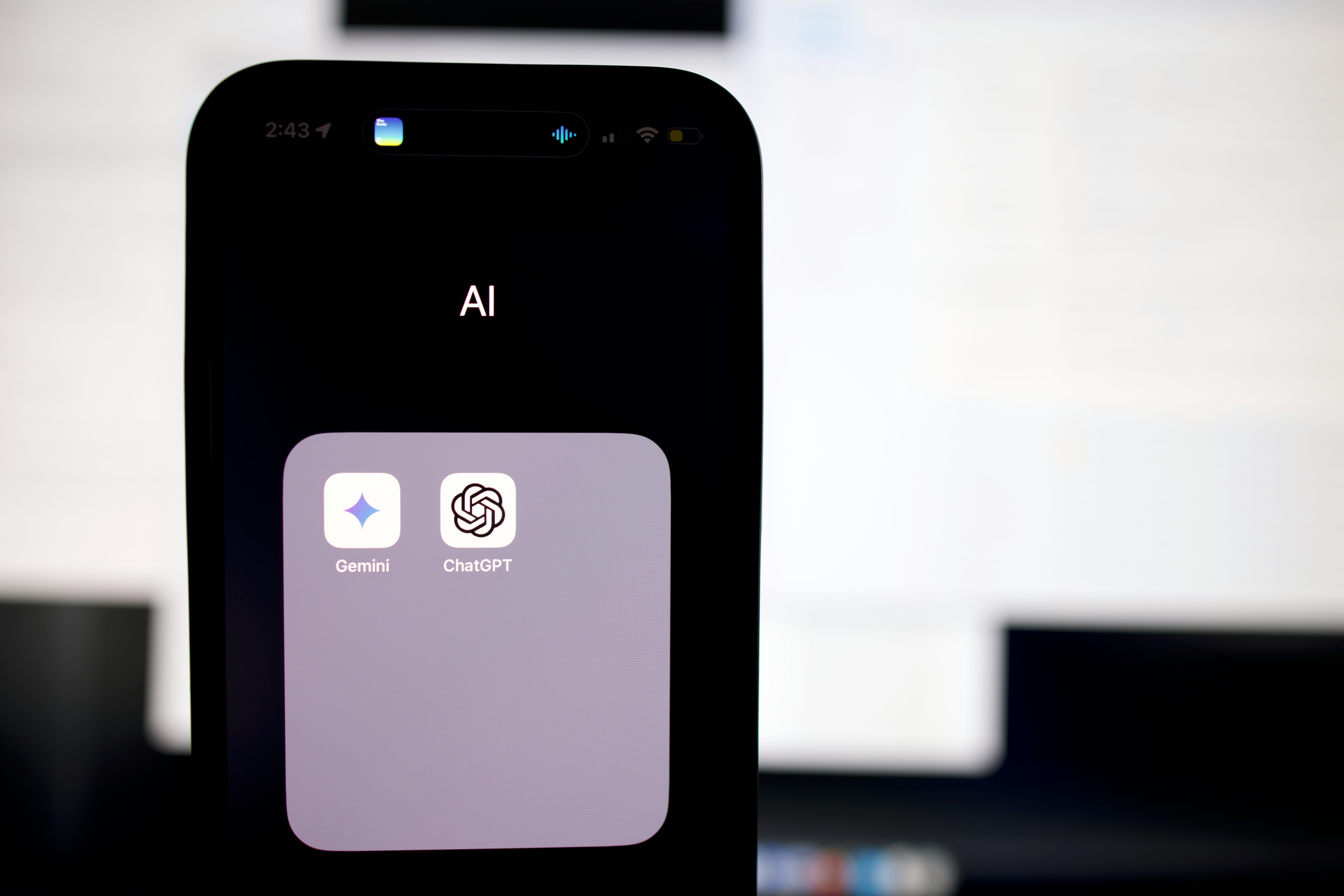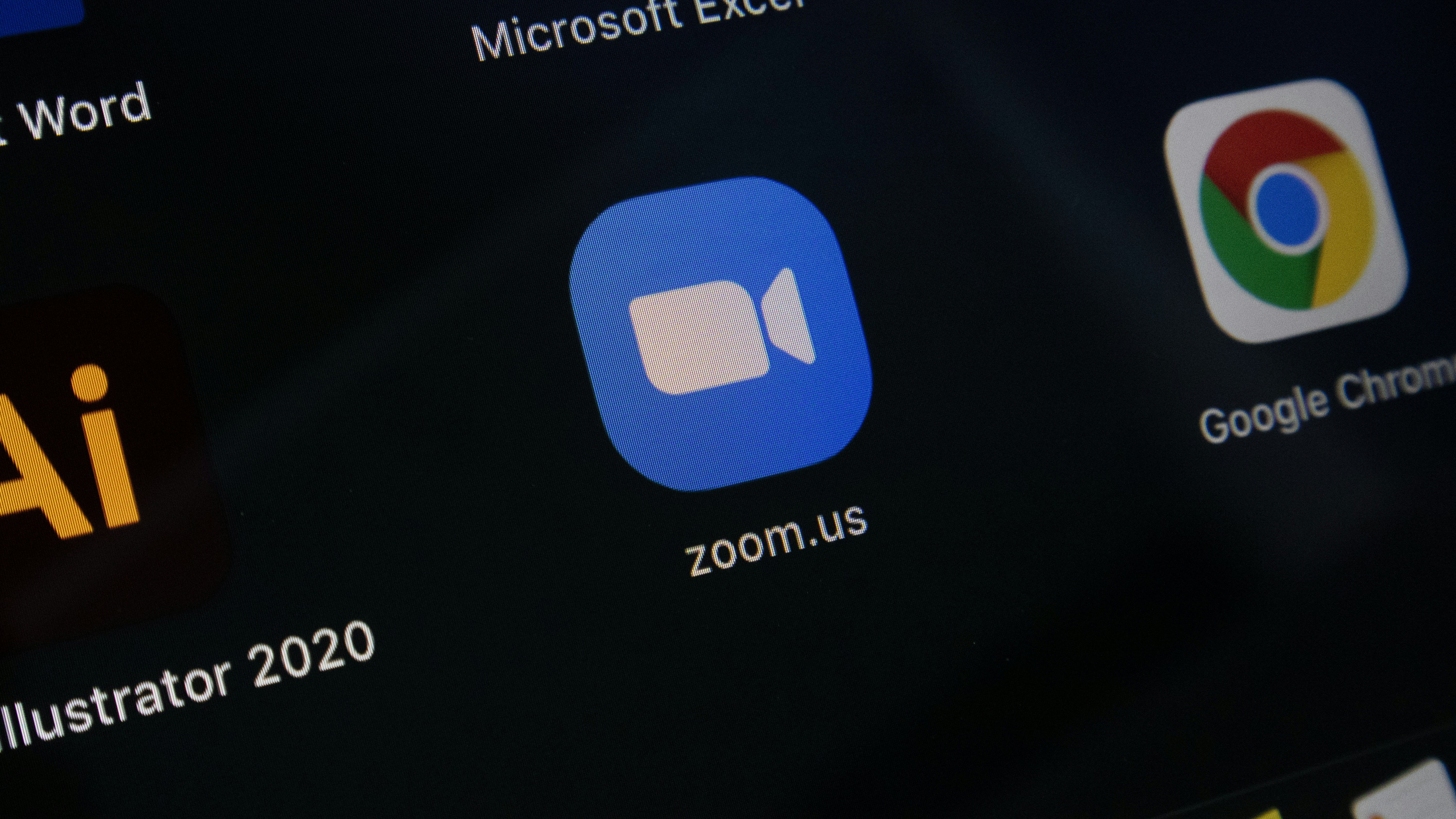As the 2024 elections approach, AI chatbots are expected to play an increasingly prominent role in shaping political discourse and voter engagement. These advanced algorithms are not just passive tools but active participants that could sway public opinion, circulate massive amounts of information, and even spread misinformation, whether inadvertently or maliciously.
AI Chatbots in Political Campaigns
The integration of AI chatbots into political realms is exemplified by the creation of Dean.Bot, a ChatGPT-powered bot developed to support a presidential campaign. This bot was designed to converse in real time, mimicking the candidate’s voice and providing programmed responses to voter queries. Despite attempts to curb the use of AI for political purposes, such as OpenAI's new regulations banning developers from creating campaign-focused chatbots, the presence and influence of AI in politics continue to grow.
Challenges of AI Chatbots in Politics
The misuse of AI chatbots presents significant challenges. For instance, the AI can generate human-like text that may include inaccurate or misleading information, impacting voters’ perceptions and decisions. Moreover, AI's ability to mimic human interaction can be exploited to amplify specific agendas or misinformation, making it difficult for voters to distinguish between genuine discourse and AI-generated content.
The Emerging Trend of AI Chatbots in Political Campaigns
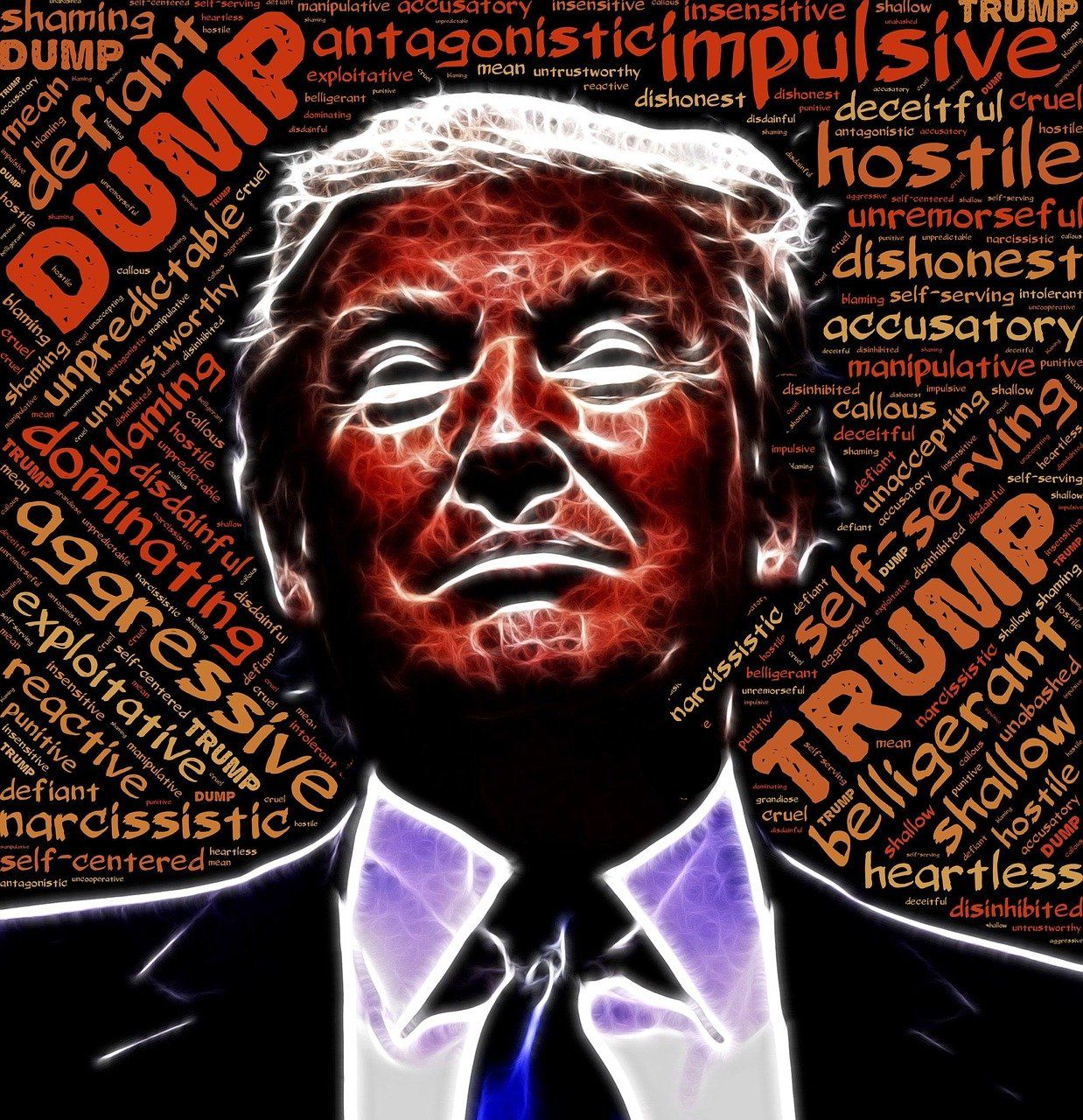
Image by John Hain from Pixabay
Development and Influence of "Dean.Bot" in the Presidential Race
The development of "Dean.Bot," a ChatGPT-powered AI chatbot created to support Minnesota Rep. Dean Phillips's presidential campaign, marks a significant innovation in political campaigning. Despite its eventual suspension by OpenAI for contravening new stipulations against the use of ChatGPT in politics, Dean.Bot managed to make considerable strides in interacting with constituents. It used an AI-generated version of Phillips' voice to discuss various campaign issues, indicating the powerful potential of AI in personalizing and scaling campaign communications. However, the creation of Dean.Bot and its subsequent barring underscore the precarious balance between innovative campaign strategies and ethical considerations in AI utilization.
Policy Shifts by Tech Giants in Regulating AI in Politics
In response to the rising use of AI for political purposes, major technology corporations like OpenAI, Google, and Meta have instituted policies to curb the potential misuse of AI technologies. These companies now require that all AI-generated content in political campaigns must be clearly labeled, aiming to maintain transparency and prevent misleading information. Nevertheless, these measures are still in their infancy and face significant hurdles in enforcement and effectiveness, as tech giants grapple with the rapidly advancing AI landscape and its implications for privacy, misinformation, and the integrity of political processes.
Challenges in Detecting AI-Driven Misinformation on Social Media
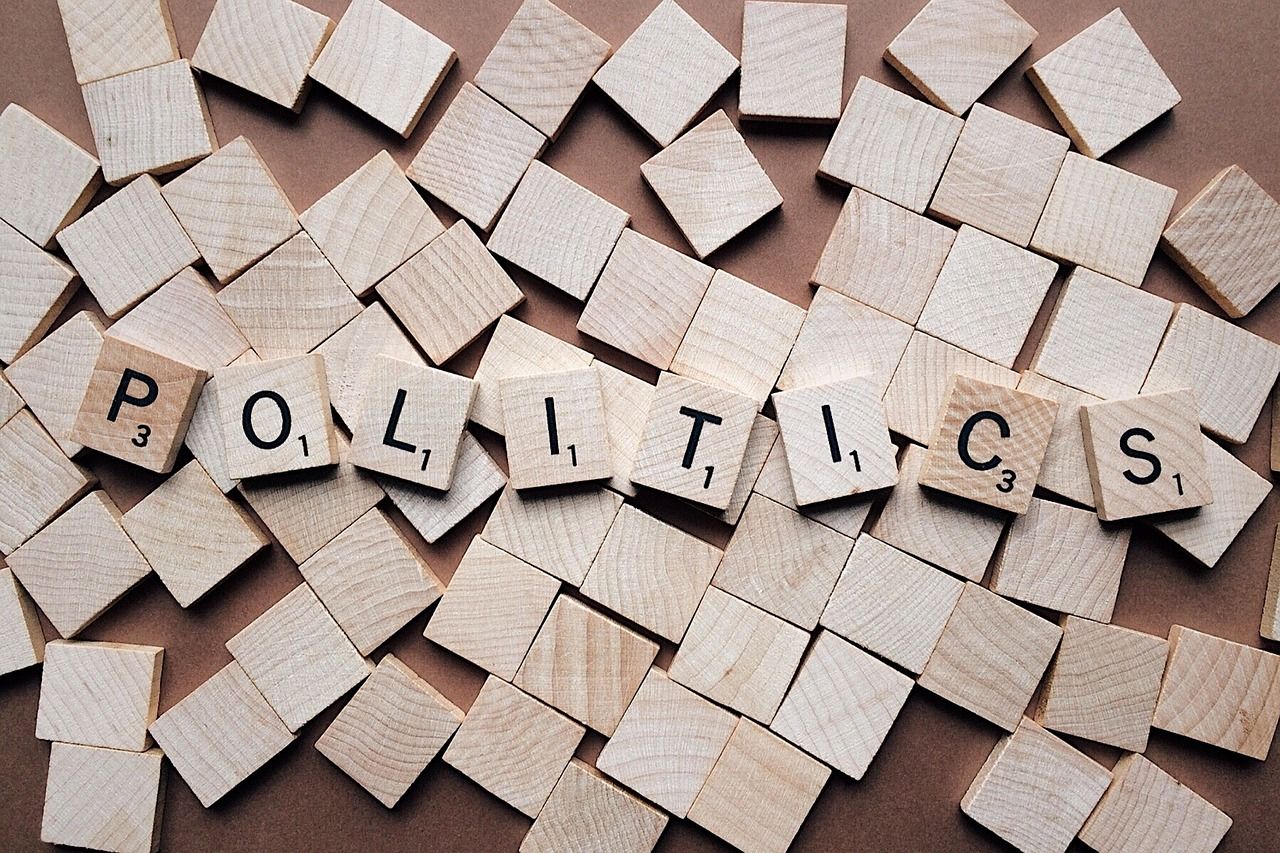
Image by WOKANDAPIX from Pixabay
Research Findings from University of Notre Dame
A study conducted by the University of Notre Dame revealed significant difficulties in differentiating between human and AI-generated content in political discourse. Participants often incorrectly identified the nature of the interlocutor, underestimating the subtlety with which AI bots can mimic human conversational patterns. This finding raises alarms about the ability of AI to influence political opinions and the difficulty in curbing its spread on platforms where the discourse occurs.
The Ineffectiveness of Current Detection Strategies
Current detection strategies for AI-generated misinformation are alarmingly insufficient. From the vantage point of academia and practical implementation, techniques that can consistently identify AI-generated text or speech lag behind the capabilities of the technologies used to create such content. The sophistication of AI models means they can produce highly convincing, contextually relevant misinformation that traditional detection tools simply cannot spot with high enough accuracy to be effective.
Proposed Measures to Mitigate AI Misinformation Spread
To combat the spread of AI-driven misinformation, experts propose a multi-faceted approach.
- Improved AI detection technologies: Development of more advanced tools that can detect subtle cues indicative of AI origination.
- Legislative action: Governments may need to step in to regulate the use of AI in public discourse, especially concerning elections.
- Public education: Increasing awareness about AI capabilities and teaching critical digital literacy skills can empower voters to better scrutinize the content they encounter.
- Platform accountability: Social media platforms must enhance their monitoring mechanisms and collaborate with experts to identify and mitigate AI-generated content swiftly.
These initiatives highlight the necessity for a coordinated response from technology companies, legislators, educators, and the public to safeguard democracies from the covert influence of AI in political processes. As the technology evolves, so too must our strategies to understand, expose, and challenge its misuse in the political arena.
The Global Impact of AI-Generated Disinformation on Election Integrity

Photo by Element5 Digital on Unsplash
Analysis of AI-fueled Disinformation in Over 50 Countries
The onslaught of AI-generated disinformation is a global phenomenon, touching electoral integrity in over 50 countries. Advanced artificial intelligence models, such as GPT-4 and Llama-2, have been implicated in generating highly convincing fake news and misinformation. According to research, these models are not only accessible but are also being utilized in sophisticated disinformation campaigns that can sway public opinion and potentially tilt election outcomes. The worrying aspect lies in the seamless integration of generated contents across social platforms, amplifying their reach and impact exponentially.
The Role of Social Media Platforms in Propagating Misinformation
Social media platforms play a pivotal role in the dissemination of AI-generated misinformation. Platforms like Facebook, Twitter, and TikTok have become fertile grounds for rapid information sharing. However, they also pose significant challenges in curbing the spread of false information. Smaller, less moderated platforms allow misinformation to fester, which can then permeate more mainstream social media sites. The propagation is not just a matter of volume but also of the speed at which these platforms allow harmful content to spread, reaching potentially billions of people with minimal oversight.
Expert Opinions on Handling AI-Driven Election Interference
Experts urge a multi-faceted approach to combat AI-driven election interference, involving stricter regulations, advanced technological solutions, and greater public awareness. The need for robust AI detection tools is critical, with suggestions pointing towards enhancing the AI models themselves with safeguards, implementing digital watermarks, and developing more discerning algorithms. Additionally, there is a consensus on the need for cooperative efforts between governments, tech companies, and international bodies to establish a framework that addresses the ethical use of AI in political processes.
Concerns Over AI Chatbots Providing Inaccurate Election Information
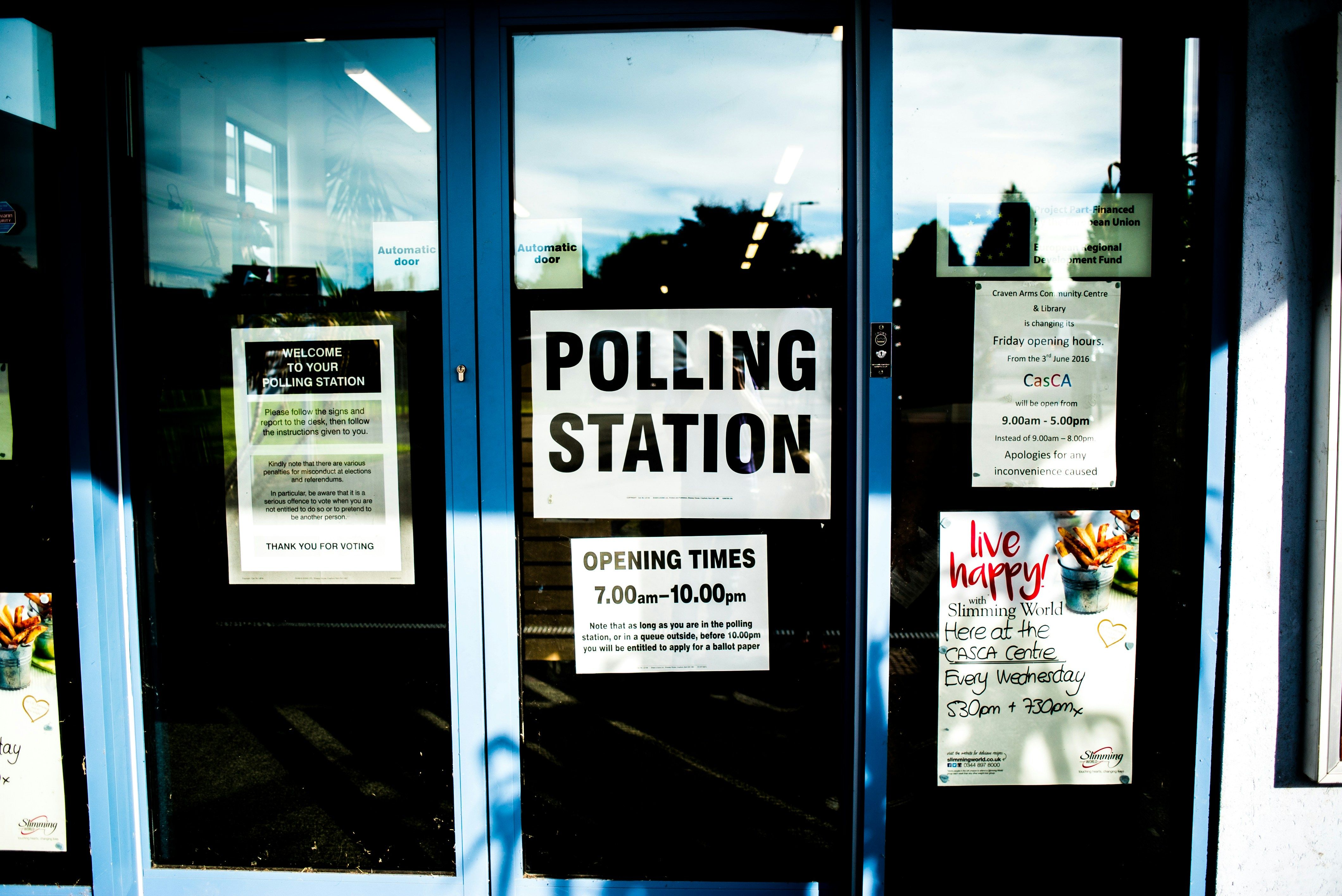
Photo by Elliott Stallion on Unsplash
Case Studies from the AI Democracy Projects
Recent studies by AI Democracy Projects have illuminated the troubling effectiveness of AI chatbots in spreading inaccurate election information. These AI-powered tools, programmed to assist voters, often served up errors such as directing voters to nonexistent polling stations or misinforming them about voting procedures. The case studies show the dual-edged nature of AI in elections, where its capability to facilitate information sharing can also be misused to mislead voters on a large scale.
Misinformation Risks Posed by Popular AI Tools like Gemini and ChatGPT
Popular AI tools like Gemini and ChatGPT have been at the center of misinformation controversies. These tools, when queried about election facts, have frequently returned responses filled with inaccuracies—from incorrect voting methods to unauthorized electoral practices. The persistence of these issues, despite continual updates and safety checks by developers, highlights the intrinsic challenges of relying solely on AI for precise and reliable electoral information.
The Debate on Regulating AI Technologies in Electoral Contexts
The ongoing debate about regulating AI technologies in electoral contexts points to a bigger dilemma: how to harness the benefits of AI while minimizing its risks to democracy. Arguments for regulation highlight AI's potential to undermine electoral integrity through rapid, unchecked dissemination of misinformation. Conversely, proponents for less stringent regulation argue for AI's ability to enhance democratic processes, such as by improving accessibility to voting information. The lack of consensus previews the complexity of integrating advanced technologies into highly sensitive areas such as national elections. Thus necessitating a balanced approach that safeguards democratic systems while promoting technological advancements.
As the 2024 elections approach, these issues will necessitate decisive actions and thoughtful discussions among stakeholders to prevent AI technologies from becoming tools that undermine electoral integrity rather than uphold it.

